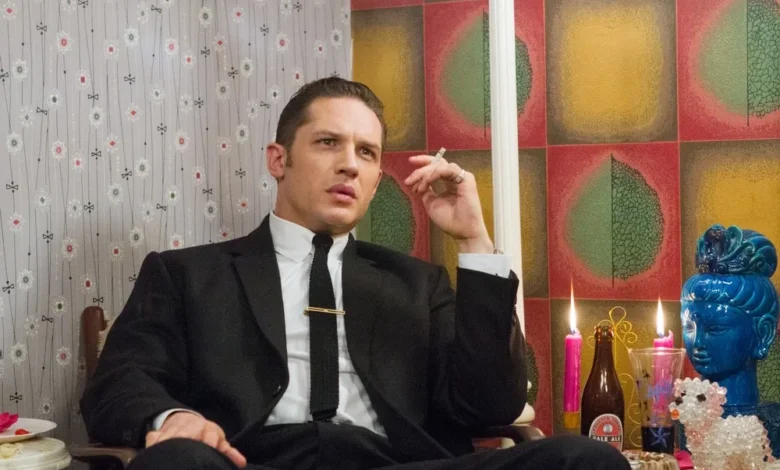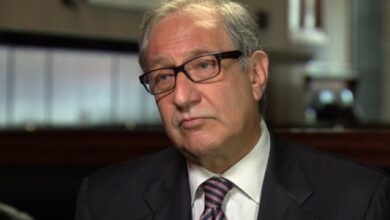Tom Hardy Lawyer: Exploring the Actor’s Legal Drama Roles

Introduction to Tom Hardy’s Legal Roles
Tom Hardy, the versatile English actor, has demonstrated remarkable range throughout his illustrious career, captivating audiences with his intense performances across various genres. Renowned for embodying complex characters, Hardy’s roles often delve into the darker aspects of human nature and societal issues. Among his diverse array of portrayals, those that intersect with the legal profession prove particularly compelling, as they underscore the intricate dynamics of morality, justice, and personal conviction.
The appeal of legal drama in cinema and television lies in its ability to unravel the complexities of law and justice while exploring the human elements intertwined with these themes. Legal narratives often reflect societal dilemmas, and they provide an exciting backdrop for character development and conflict resolution. Tom Hardy’s intersection with this genre not only highlights his exceptional acting prowess but also allows audiences to engage with significant issues relevant to the judicial system.
Iconic Characters: A Deep Dive into His Legal Roles
Tom Hardy Lawyer has captivated audiences not only with his robust physical presence but also through his compelling portrayals of characters entrenched in legal drama. Several of his roles have explored the intricate dynamics of law and justice, providing a nuanced perspective on the legal profession. One of Hardy’s notable roles is that of Ron Kray in “Legend,” where he poignantly portrays the infamous gangster. While not a lawyer himself, Kray’s character navigates the criminal justice system, highlighting the often convoluted relationship between crime and the law. This role offers a lens through which viewers can examine the implications of legal representation and the consequences of criminal life.
Another significant character is Tom Hardy’s portrayal of Max DeCosta in “Lawless.” Set during the Prohibition era, Hardy’s character embodies the struggles of moonshiners facing legal battles against a corrupt law enforcement system. Examining the legal methodologies employed by the characters in this film illustrates the historical context of law enforcement and its intersection with illegal enterprises. Hardy effectively delivers a performance that resonates with real-world legal issues, demonstrating how personal motives can complicate legal proceedings.
In the popular television series “Peaky Blinders,” Hardy takes on the role of Alfie Solomons, a shrewd lawyer and gangster. Alfie’s character serves as a testament to how legal practitioners can straddle the line between legality and illicit behavior, raising questions about ethical practices within the legal framework. Solomons’ hierarchical understanding of the law enables him to navigate volatile situations, showcasing the complexities faced by legal professionals in real life.

These characters, through their narratives, reflect various aspects of legal principles, ethics, and the societal repercussions of law-related decisions. Each role not only illustrates Tom Hardy’s range as an actor but also bridges the gap between cinematic storytelling and the real-world legal landscape.
The Impact of Tom Hardy’s Performances on Legal Narratives
Tom Hardy has emerged as a prominent figure in the entertainment industry, with his performances in legal dramas significantly influencing narrative structures and themes within this genre. His ability to embody complex characters allows audiences to engage deeply with the moral dilemmas and ethical questions that often arise in legal settings. Hardy’s roles highlight themes of justice, personal sacrifice, and the often ambiguous nature of right and wrong, which resonate with viewers on both emotional and intellectual levels.
In his various portrayals, Hardy frequently tackles characters who navigate the grey areas of morality. These portrayals often force audiences to confront their understanding of justice and the law. For instance, in films like “Lawless,” Hardy’s character embodies the struggle against oppressive forces, illustrating the personal sacrifices made in the name of justice. This reflection on morality invites viewers to consider the implications of their own beliefs regarding law and ethics. Such performances extend beyond mere entertainment, prompting significant discourse on the real-world implications of legal systems.
Critical reception of Hardy’s performances often underscores their depth and authenticity. Reviewers frequently commend his ability to convey inner turmoil, allowing audiences to empathize with his characters’ conflicts. This emotional investment enhances viewer engagement, making Hardy’s roles not just memorable but influential in the context of legal narratives. As people watch these dramas, they are encouraged to examine their perspectives on law and ethics, reflecting on how personal values shape one’s views on justice. Thus, Tom Hardy’s work does more than portray legal scenarios; it challenges societal norms and stimulates critical discussions about morality in contemporary society.
Conclusion: The Legacy of Tom Hardy as a Lawyer on Screen
Tom Hardy’s portrayal of lawyers in various legal dramas has left an indelible mark on both the genre and audiences alike. With a natural ability to embody complex characters, Hardy has consistently showcased the multifaceted nature of legal professionals, elevating the narratives he participates in. Through his roles, he has highlighted the emotional and ethical dilemmas faced by lawyers, allowing viewers to gain deeper insights into the legal profession and its challenges.
His performances have contributed significantly to the evolving portrayal of lawyers in film and television, breaking away from the conventional representations often seen in earlier legal dramas. Instead of merely presenting lawyers as stoic and unyielding figures, Hardy has infused his characters with vulnerability, determination, and moral ambiguity. This nuanced approach has resonated with audiences, reinforcing the idea that legal practitioners are not just facilitators of justice, but also individuals grappling with personal struggles and moral questions.
As the landscape of storytelling continues to evolve, fascinated with the complexities of the human condition, the future may hold exciting opportunities for Tom Hardy to explore even more diverse legal roles. With growing interest in stories that reflect real-world legal battles and the ethical considerations behind them, Hardy’s scope may broaden, allowing him to portray new dimensions of the legal profession. His commitment to investigating the depth of character nuance will likely guide his choices in future projects, keeping audiences eagerly anticipating the next chapter in his cinematic journey.
In summary, Tom Hardy’s legacy as a portrayal of a lawyer on screen is marked by an authentic representation that transcends traditional depictions. As audiences continue to celebrate his work, it is clear that his contributions will remain influential in shaping the portrayal of legal professionals in entertainment for years to come.




